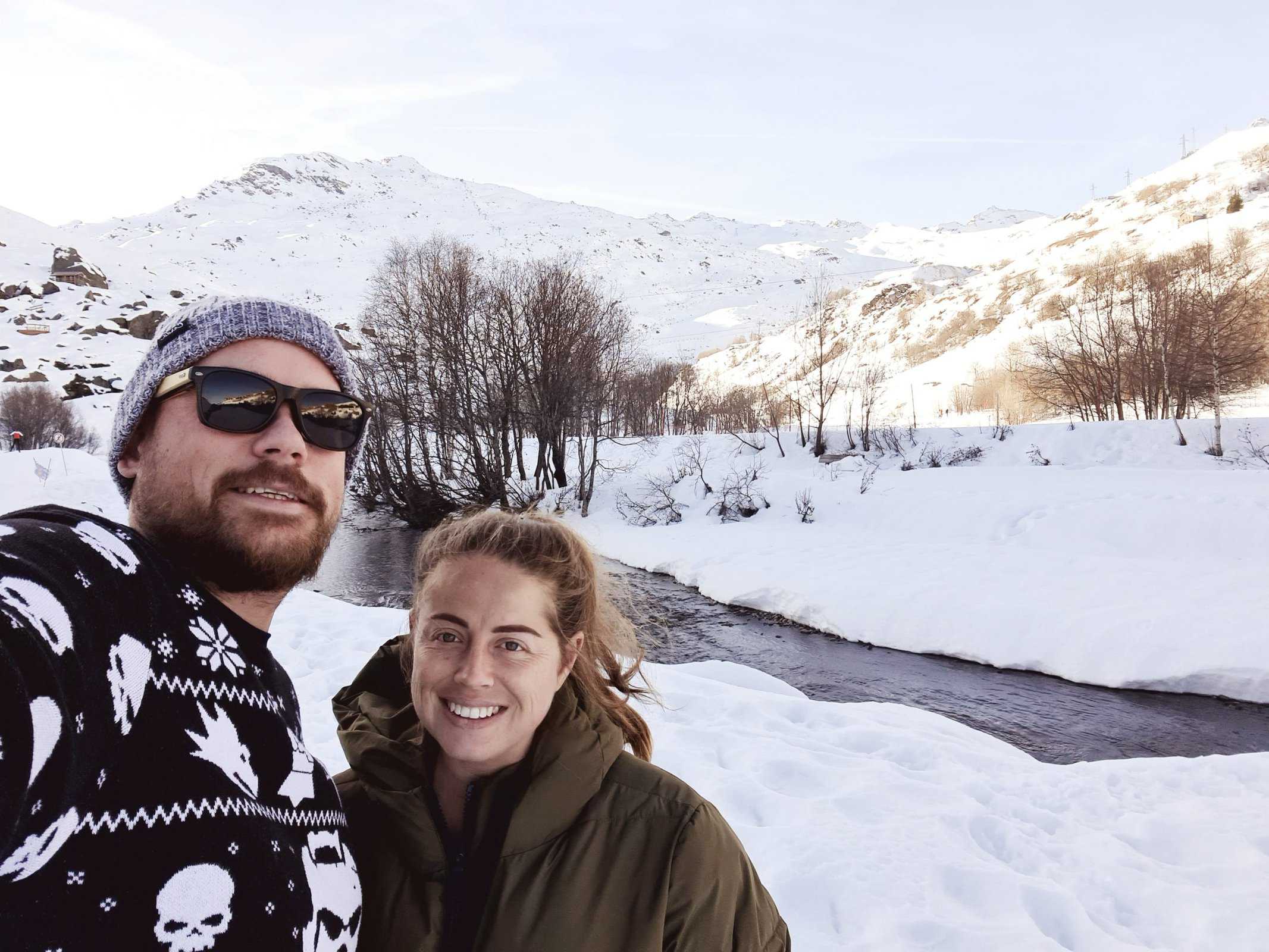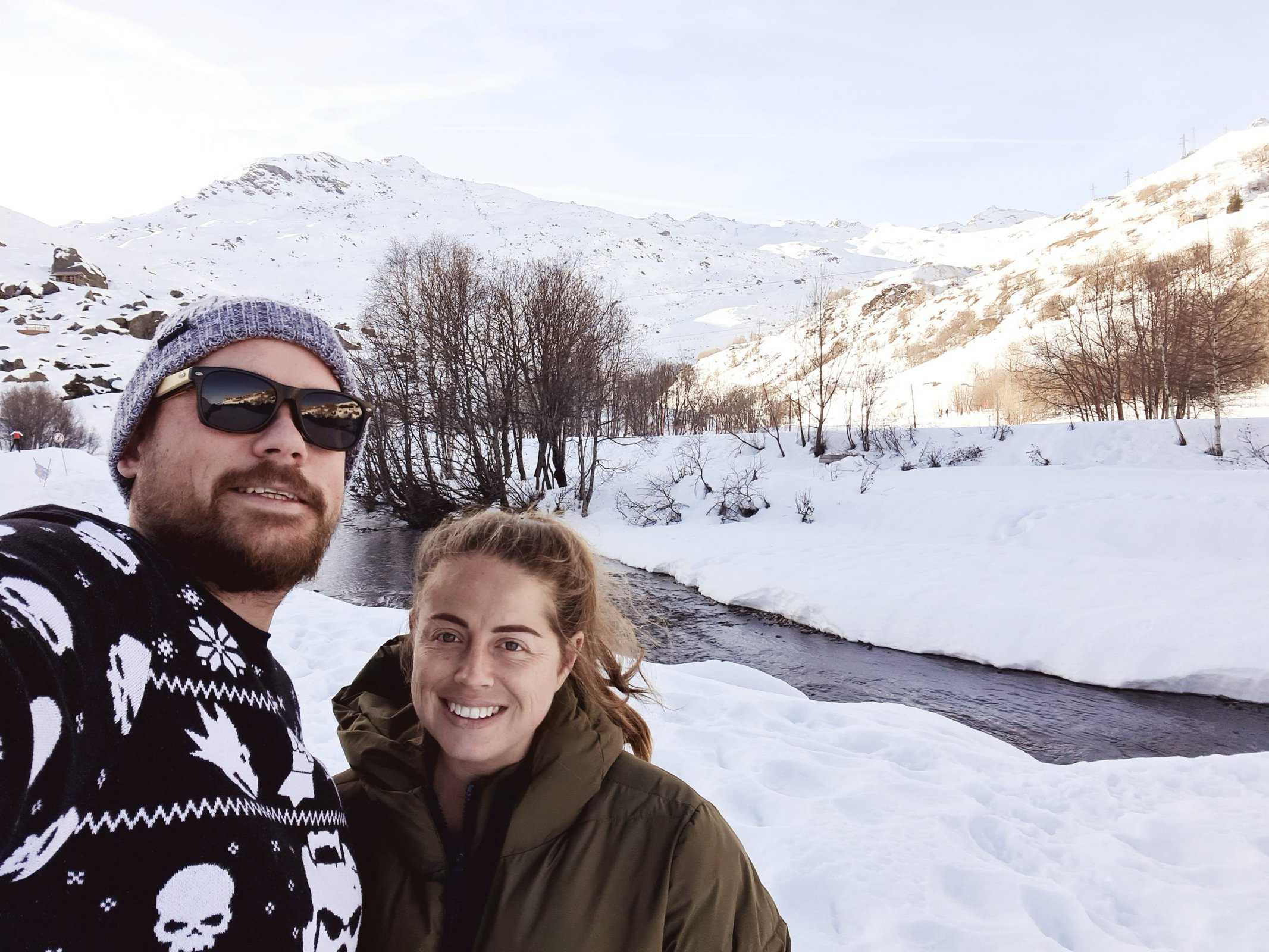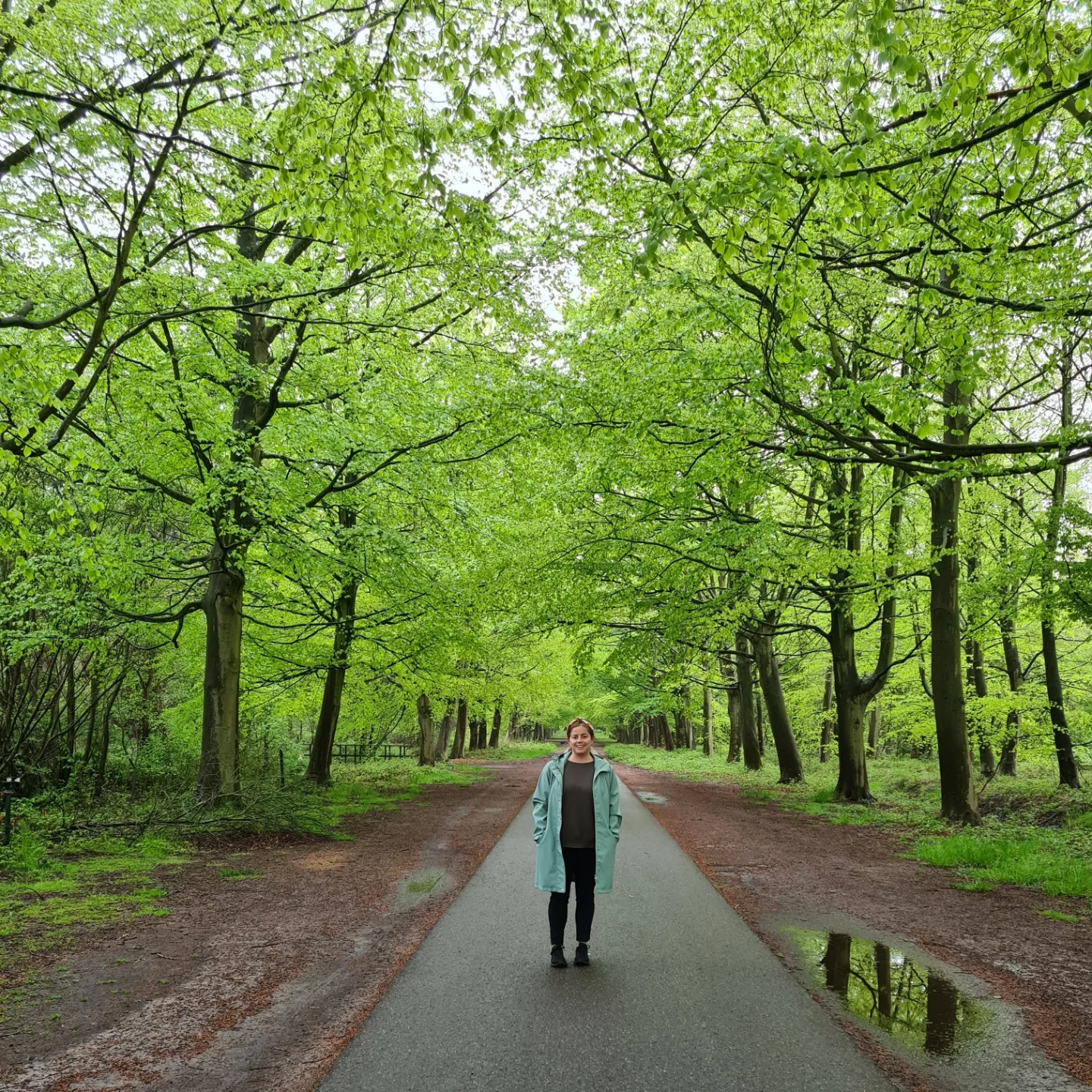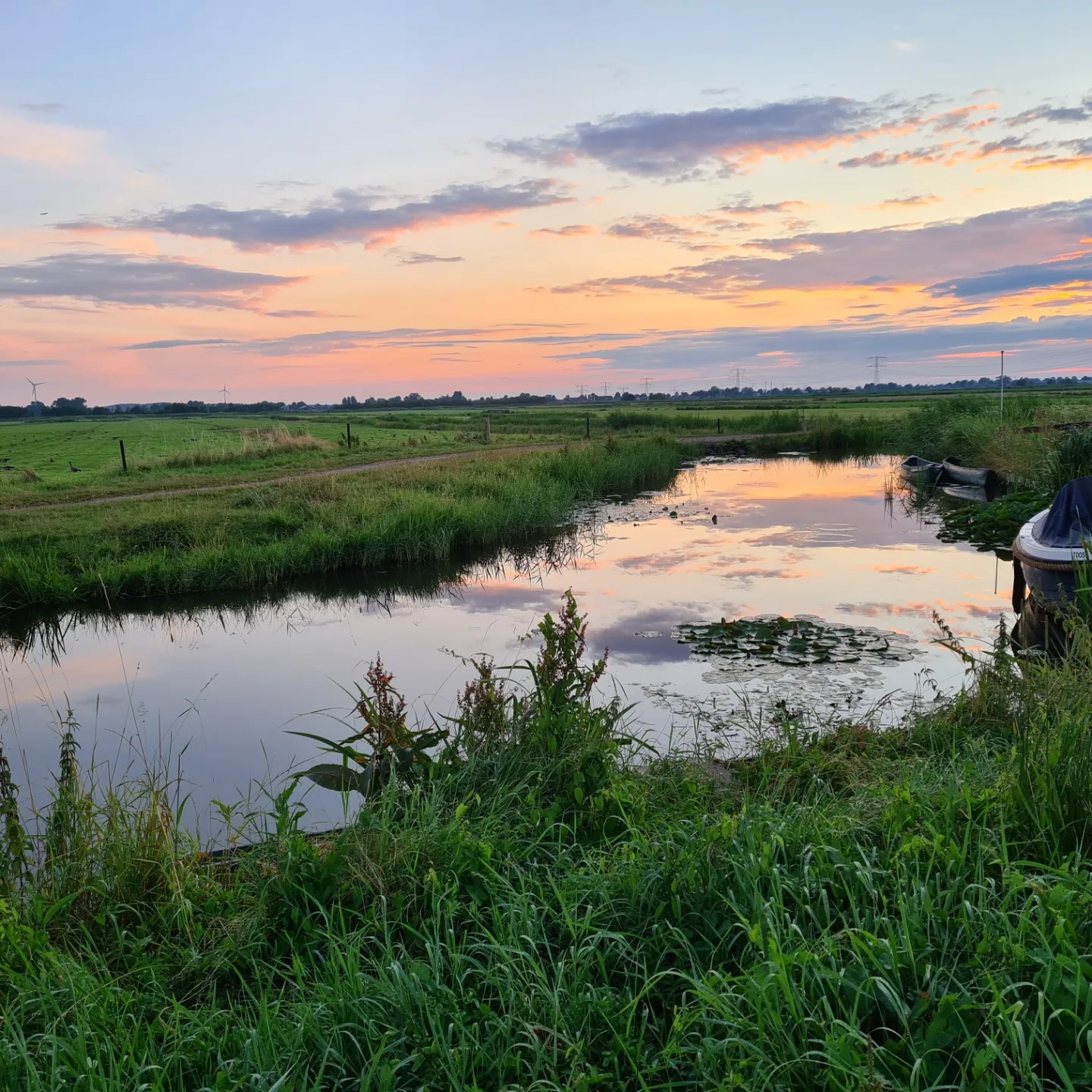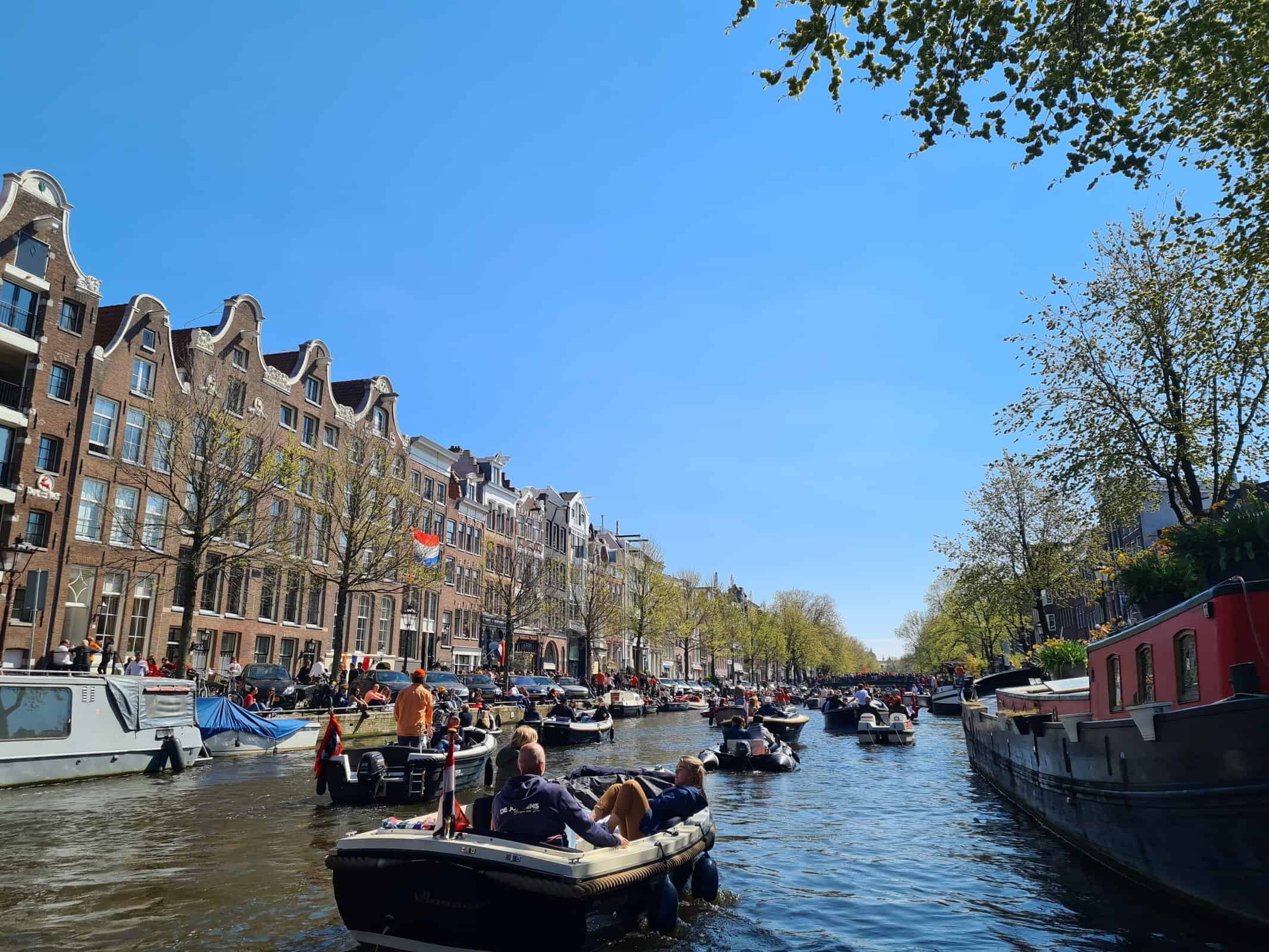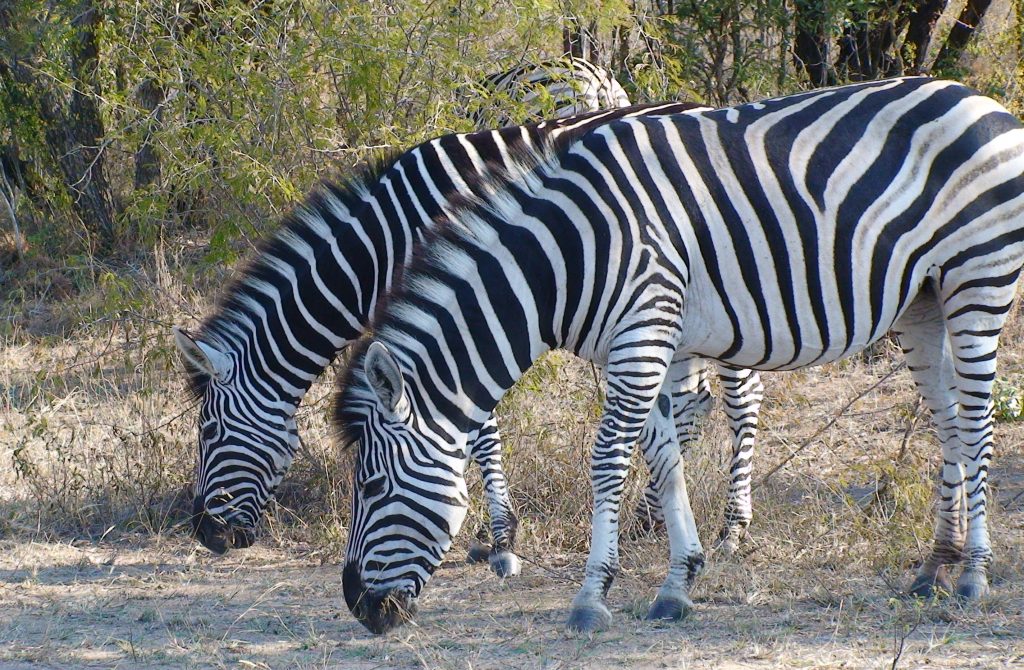Out and about is a column in which we chat with people who currently live abroad, or who used to live and work there. This week we chat with Derika de Villiers, who lives in Zaandam, the Netherlands.
Where do you live and why there?
I live in the Netherlands. I moved here three years ago with my boyfriend after he was offered a wonderful job opportunity at an international company. Our adventurous spirit persuaded us to explore the unknown.
Was it a big adjustment?
Adjusting was harder than what I initially convinced myself it would be. We had an established life in South Africa, and when we arrived here, we had to start from the beginning to set everything up and establish ourselves here; a new country, a new language, a new neighbourhood, cycling instead of getting in your car, forming a new support network, as well as exploring our new professional landscapes.
Tell us more about your family?
I am married to a wonderful man, and we both grew up in Pretoria. We welcomed a little girl into our family at the beginning of the year.
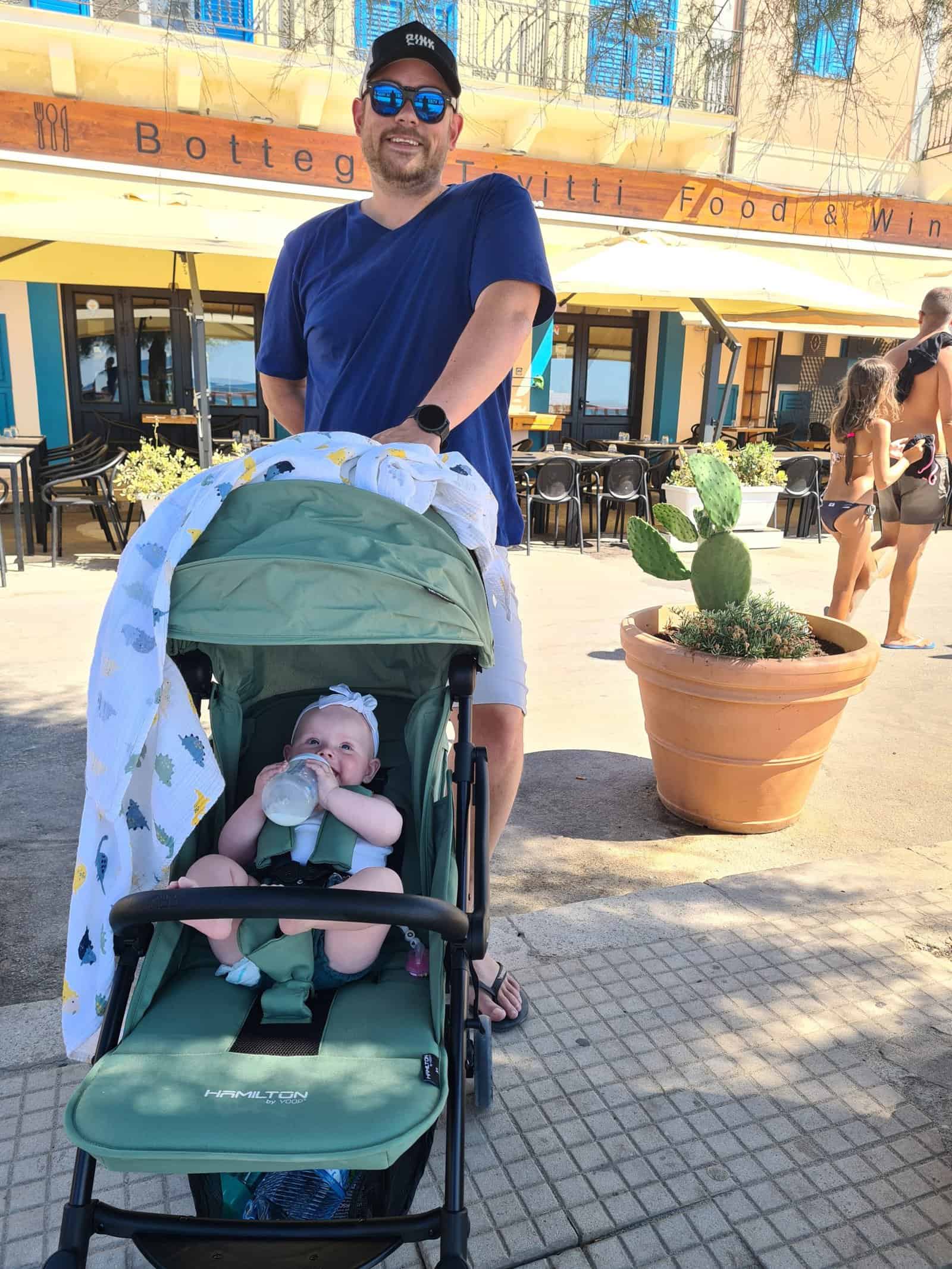
Do you still speak Afrikaans?
Afrikaans is our mother tongue and the language in which we best express ourselves. We speak Afrikaans every day, not only in our home, but also in our Afrikaans circle of friends here in the Netherlands.
I am very lucky to be able to work in Afrikaans. I have a psychotherapy practice in Amsterdam and often see Afrikaans speaking expats who need support here in the Netherlands and who prefer to express themselves in their mother tongue. Most of the time we speak Afrikaans. We also speak English at work and with our international friends, and then we also learn Dutch.
How often do you see your family?
Our families live in South Africa. We visit once a year for two to three months since we can work online and don’t need to be in the office every day. It is a wonderful thing to look forward to – spending as much time as possible with our families, celebrating birthdays together, not missing out on a Sunday braai, and being able to travel through our beautiful country.
There are many South Africans in the Netherlands. Do you sometimes get together?
There are a lot of South Africans in the Netherlands. You see them in the shops, in the streets and whenever you use public transport. There are well-known South African music groups that perform here. Last month we watched Spoegwolf and Jeremy Loops perform and it was wonderful to hear your mother tongue, share a friendly smile and sing along in your own language. We also have a large South African circle of friends that are like family to us. We were lucky in the sense that we were able to quickly become part of the group. Most of our South African friends attended the same high school as us, so it was easy to fit in – a pot of gold! We also have a group of international friends that we spend time with. We braai together, social together and tour through Europe together. My husband is part of a South African shooting team. We also make our own biltong, malva pudding and peppermint crisp tart when we have socials together. Our culture and our roots are South African, even though we are far away.
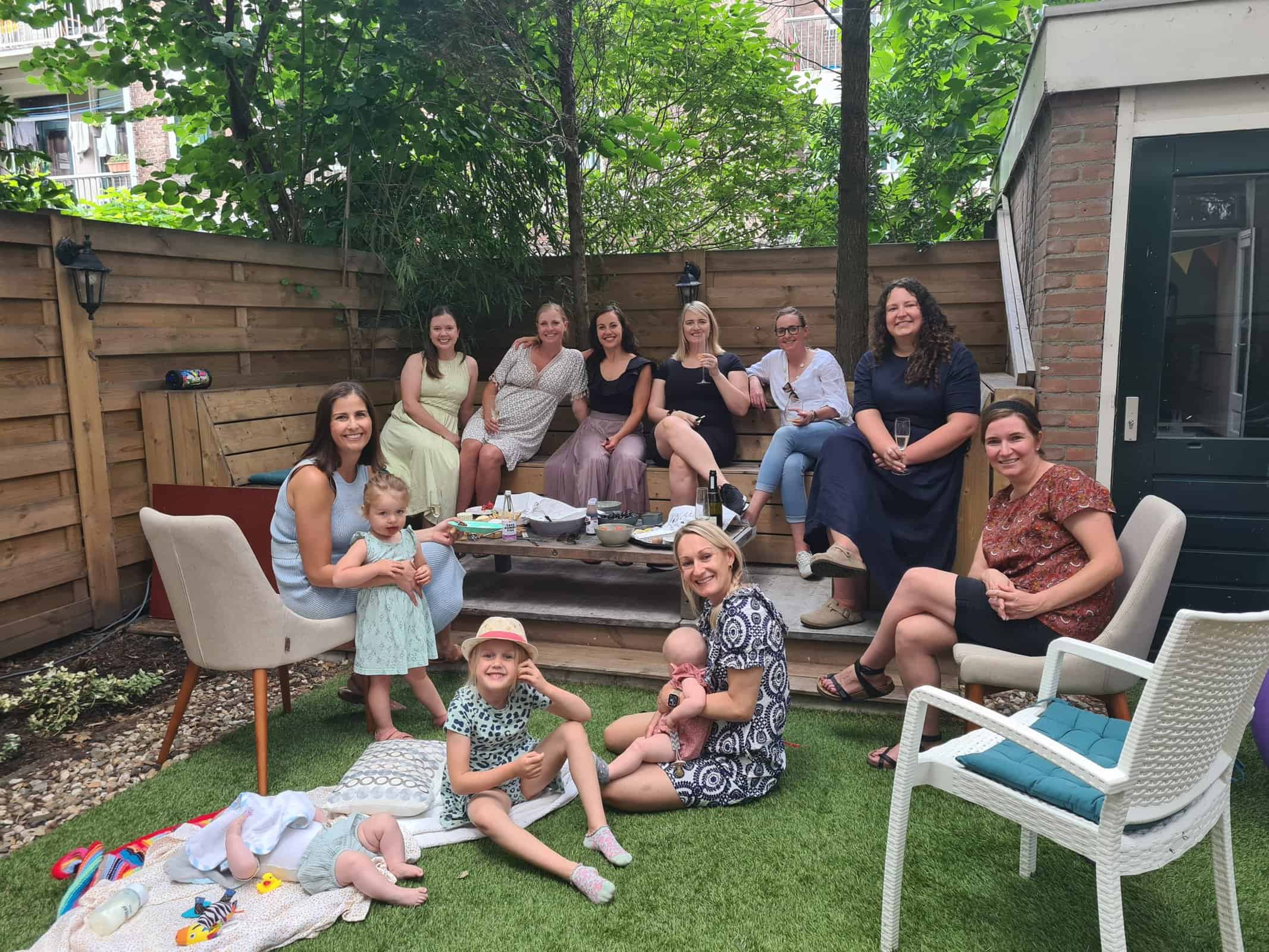
What was the strangest thing to get used to?
Wow, in the beginning it was to learn riding a bike again and then also going everywhere on bicycles – cycling to work, shops, parks and friends. Getting mail every week. Scanning your shopping, paying for it and walking out of the shops.
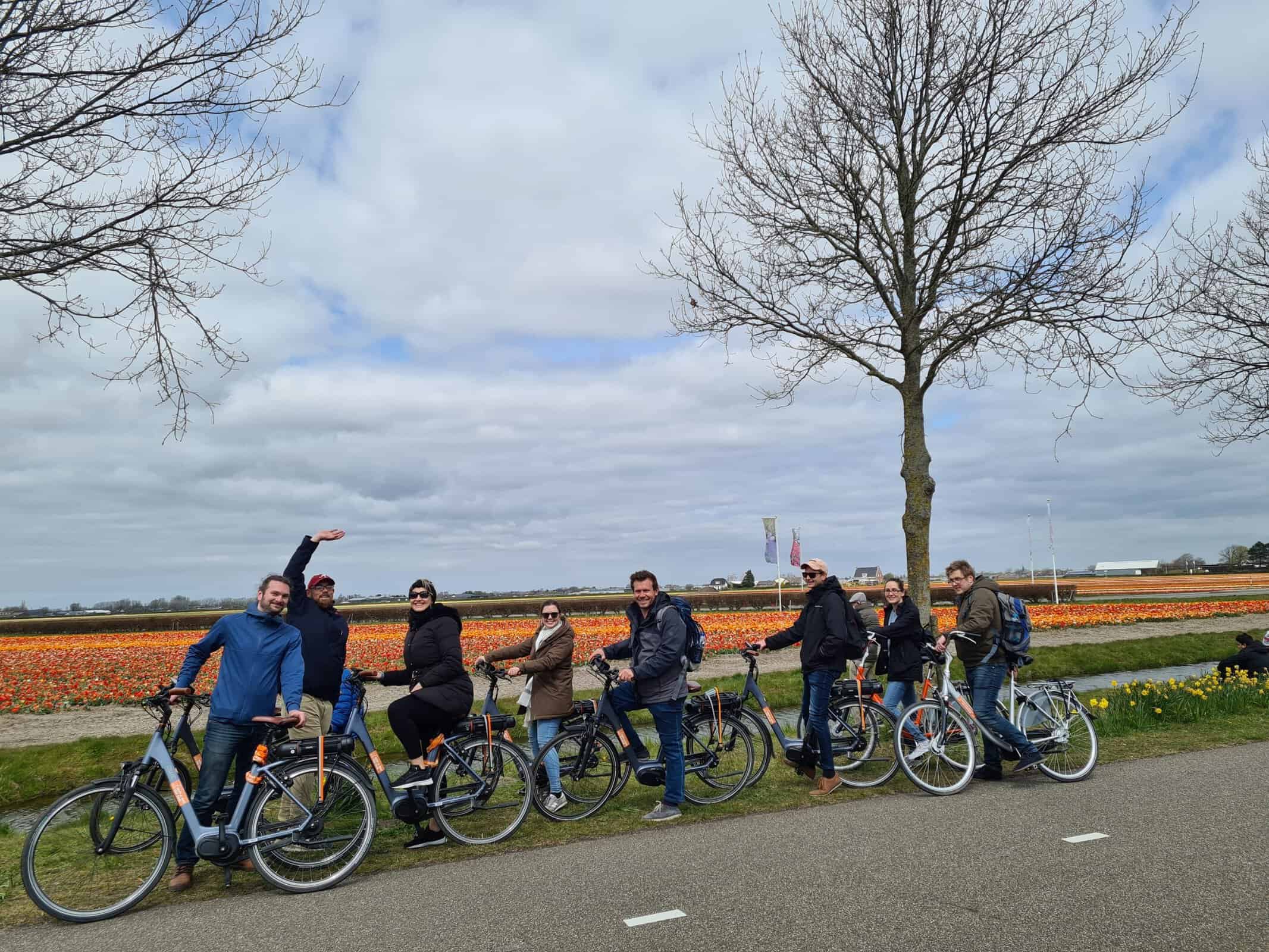
Do you still have contact with South Africa, and will you ever return?
We have a lot of contact with South Africa. We are living a parallel life at this stage. Our family and many of our friends still live in South Africa. We often use WhatsApp videos to stay in contact every week and to maintain our relationships with our loved ones and those close to our hearts. We enjoy the adventure we are currently on, who knows where we will be five years from now. Nothing is permanent, and if we are ever unhappy here, we will see what opportunities are available in South Africa or elsewhere.
Do you get the opportunity to travel?
We travel as often as we can. We really enjoy travelling and exploring new environments, cultures and food. The Netherlands offers easy access to other European countries, and it is easy to catch a train on a Friday after work and spend the weekend in another country. So far, we have been to Belgium, Germany, Ireland, France, Austria, Greece, Estland, Spain and Italy. During Covid the Netherlands’ borders were closed and we often hopped on a train to explore the Netherlands.
What do you like most about your life in the Netherlands?
Feeling safe. It took me a year to get used the feeling of safety. It is something I really treasure. Not having to look over your shoulder or being scared. Being able to walk or drive your bicycle at night. Not having to question the motives of the people around you.
Was it difficult to adjust?
It differs from one person to the next. I see many South Africans for psychotherapy who are finding it difficult to integrate – it is a huge adjustment, and it takes time. On a personal note, I found it very difficult to adjust because I had settled nicely in South Africa. It took me some time to find my feet here. We had deep roots in South Africa and although we are having a wonderful adventure in the Netherlands, there are always things we miss and long for. It is an advantage, but at the same time also a loss.
How does the cost of living compare with that of South Africa?
Your cost of living depends on your lifestyle and what stage of your life you find yourself in. Dining out is very expensive but interest rates are very low. Pumpkin is very expensive here, but sweet peppers are cheaper. Your medical expenses are a lot cheaper, but it is hard to get anything stronger than paracetamol (Panado) from your GP, no matter what your ailment. The grass is not always greener on the other side. My husband always says: “The grass is greener in the Netherlands because it rains so often!”
What is the biggest difference from your lives in South Africa?
The biggest difference is that we can travel so much. The fact that we are being exposed to so many new cultures here in the Netherlands, as well as different ways of doing things. There are also no opportunities for taking chances here, rules are rules, and everybody sticks to it.
What do you do to relax?
There is not much time during the week to relax with a baby. During weekends we have social gatherings with our friends. There is a lot going on in Amsterdam and we enjoy attending festivals, markets and museums. We also have a boat we share with three other South African couples, and we really enjoy cruising on the canals on Ubuntu during the summer months. I am also currently reading all of Marita van der Vyver’s books and I have to bring Afrikaans books with me during our annual flights – it is definitely worth it!
What does a typical day in your life look like?
A typical day will depend on the season. A person’s lifestyle is very different here in summer than in winter. During the mornings I spend time with my baby. She does however go to school twice a week and then I can use the time for myself. On weekdays I go to the practice at around lunchtime and do therapy sessions until 18:00 in the summer months and 17:00 in the winter months. I live in Zaandam, so I cycle to the train station and then take a train to Amsterdam Central. A 12 minute train drive. My practice is close to the train station, so I just walk there from the station. In the summer we will often take Ubuntu for a cruise or just go and have dinner in the park with friends. In the winter months we spend less time outside because it gets dark earlier.
Derika is an Afrikaans speaking clinical psychologist who gives face to face as well as online therapy to teenagers, adults, couples and expats who experience depression, anxiety, trauma or relationship problems. Please visit her website to contact her.
ALSO READ: Out and about: an email from China
Write to us
Do you live abroad of have you recently returned from abroad? You can also write us an Out and about column. Send an email to wereldwyd@afriforum.co.za and we will send you questions you can answer.
Share on
Latest articles



